The Supreme Court of Ghana unanimously tossed out an injunction suit filed against Parliament to prevent it from debating the anti-LGBTQ bill.
A nine-member panel led by Chief Justice Gertrude Torkornoo concluded that there was no prima facie basis for the court to halt the parliamentary proceedings.
The Ghanaian Family Values Bill, also known as the anti-gay bill, was approved by Parliament on Wednesday, July 5, following a proposal from the Constitutional, Legal, and Parliament Committee.
This came after the Bill’s second reading that day.
Following the second reading, the Second Deputy Speaker, Andrew Amoako Asiamah, gave members of the House the opportunity to debate the resolution.
Among those who spoke during the debate was Dan Botwe, Minister of Local Government, Decentralisation, and Rural Development, who called the activities of lesbians, homosexuals, bisexuals, and transgender (LGBT) people “madness.”
He described it as a demonic force that should not be allowed to flourish in the country.
For him, “eternal vigilance” should be exercised by the country beyond the passage of the Bill.
But the Speaker of Parliament Alban Bagbin was cited for contempt regarding the anti-gay bill.
This was after a researcher Dr Amanda Odoi filed a lawsuit at the Supreme Court asking the court to sanction the Speaker for showing contempt and disregard for court processes.
“That the respondent’s clear, intentional and continuous disregard of the court process necessitates the Respondent being sanctioned for contempt in the public interest and to protect the dignity of the Court,” the Court documents state.
“That by his conduct in directing or causing Parliament to proceed to a Second Reading of the Bill, in full knowledge of the pending suit and related interlocutory injunction application, the Respondent has disregarded and disrespected the authority of this Court.
“That such disregard interferes with the outcome of the pending litigation, brings the administration of justice into disrepute and undermines public confidence in the judicial system.”
The contempt application, however, was withdrawn once the injunction application was rejected.














